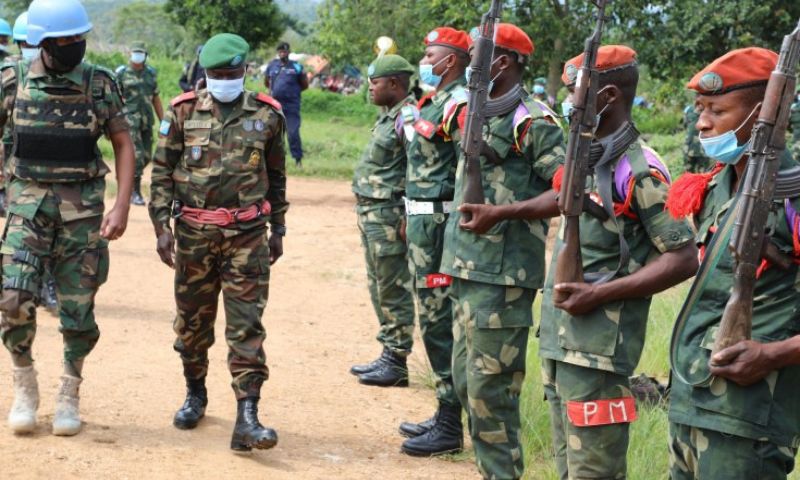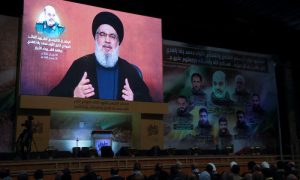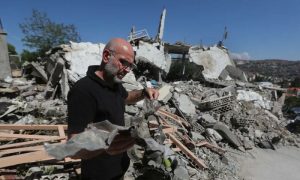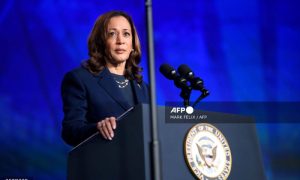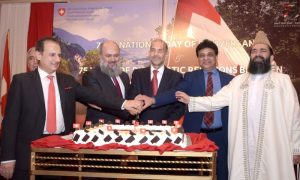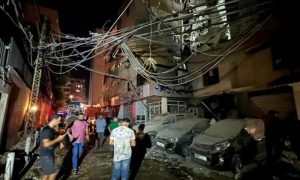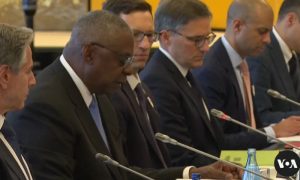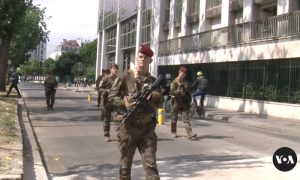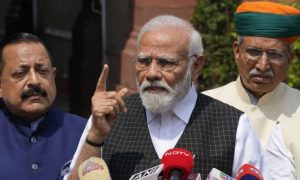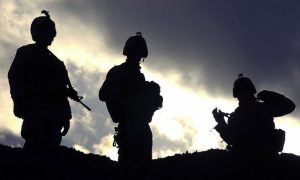BRUSSELS: The European Union (EU) issued a strong condemnation on Friday against Rwanda’s military presence in the eastern Democratic Republic of Congo (DRC) and its support for the Tutsi-led M23 rebels, who have been accused of committing numerous atrocities against civilians.
The M23 rebels, who had been dormant for several years, resurfaced in late 2021 and have since seized control of significant territories in the region near the borders with Rwanda and Uganda. Their violent actions have resulted in the displacement of hundreds of thousands of people.
EU foreign policy chief Josep Borrell expressed the EU’s firm condemnation of Rwanda’s support for the M23 and its military presence in eastern DRC, citing the reports of the UN Group of Experts. The DRC government and various human rights organizations have accused the M23 militia of committing murder, rape, and war crimes in recent months.
Rwanda Accused of Backing Rebels
Multiple sources, including UN experts, Western nations such as the United States and France, as well as the DRC government, have accused Rwanda of actively backing the M23, despite denials from the Rwandan government.
Eastern DR Congo has long been plagued by the presence of numerous armed groups, a legacy of regional conflicts that erupted in the 1990s and 2000s. The United Nations has maintained a peacekeeping mission, MONUSCO, in the DRC since 1999.
Borrell reiterated the EU’s urgent demand for Rwanda to withdraw its troops from eastern DRC, cease all support to the M23, and use all available means to ensure the group’s compliance with peace processes agreed upon under the East African Community and Angola’s auspices.
Since December, an East African regional military force has taken control of areas previously occupied by the M23.
Borrell also called on the DRC to immediately cease its support for militia groups it backs, such as the Democratic Forces for the Liberation of Rwanda (FDLR), and to protect civilian populations. The FDLR, composed primarily of Hutu members, was founded by individuals responsible for the 1994 genocide of Tutsis in Rwanda. Rwanda’s current government considers the FDLR a threat and has previously used its existence to justify interventions in the DRC.









